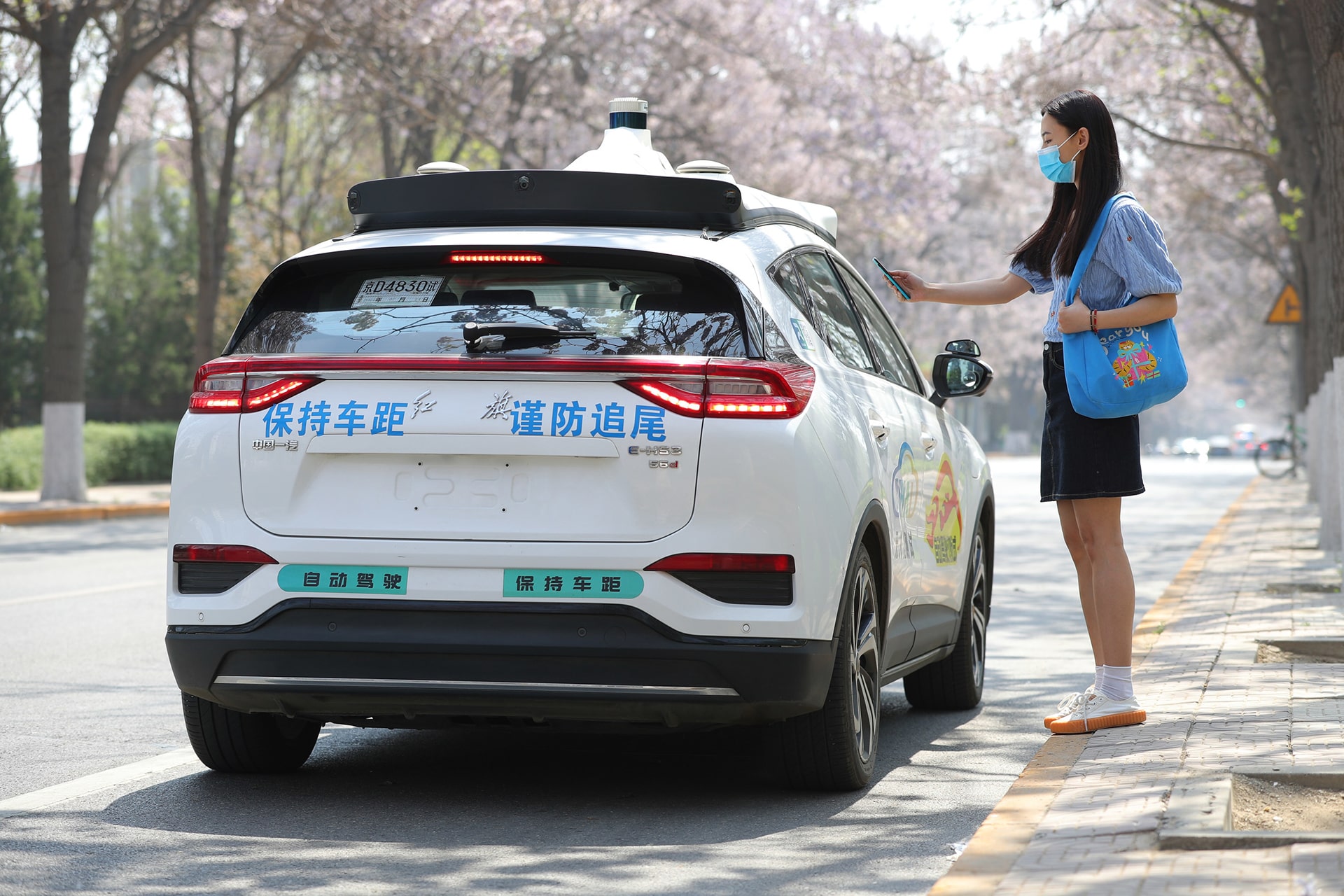Baidu CEO Robin Li has warned that artificial intelligence is evolving at an unprecedented pace, making continued investment in computing infrastructure critical for companies looking to stay ahead. Speaking at the World Governments Summit in Dubai, Li highlighted a dramatic reduction in AI inference costs over the past year, underscoring the need for sustained funding in silicon, cloud computing, and data centers. Despite AI’s rapid development, he noted that the industry still lacks a dominant consumer-facing application that warrants the scale of investment seen so far.
Li’s remarks come as Baidu competes with Tencent, Alibaba, and other Chinese tech giants to shape the country’s AI agenda. Meanwhile, US firms such as OpenAI, Google, and Tesla are pushing AI innovation into mainstream applications. While companies worldwide continue pouring resources into the technology, Li pointed to an unresolved dilemma: AI is becoming cheaper and more powerful, but the business case for massive infrastructure spending remains uncertain.
The core of Li’s argument is that foundation models—the backbone of generative AI—are advancing at a pace that defies Moore’s law. Over the past year, the cost of running AI models has reportedly fallen by more than 90%, making the technology more economically viable and accessible. Lower costs have spurred higher productivity, with AI increasingly replacing human-driven processes. But cost efficiency alone, Li argued, does not justify continued spending.
“When technology evolves at such a rapid rate, you just cannot stop investing,” he said. “You have to invest to make sure that you are at the very front of this technological innovation or revolution.”
Even so, Li acknowledged that AI still lacks a flagship application capable of generating returns proportional to the billions being spent on hardware and infrastructure. “If we invest at this scale but fail to build applications that deliver ten times the return, it won’t be sustainable,” he said. While chatbots and automation tools have gained traction, none have achieved the level of engagement seen on platforms such as Facebook or WeChat, which maintain high active user ratios. “The world is anxiously looking for this kind of superapp at this stage,” he added.
Baidu is betting that autonomous driving will be one of AI’s first breakthrough commercial applications. Its Apollo Go robotaxi service is said to have completed 8 million rides across 11 Chinese cities, including Wuhan, where a fleet of more than 400 vehicles operates round the clock. Li said autonomous vehicles could dramatically reduce global road fatalities, citing Baidu’s data indicating that its robotaxis are ten times safer than human-driven cars, with an insurance claims rate one-fourteenth that of regular taxis.
Baidu recently secured Hong Kong’s first autonomous driving pilot license, marking its first regulatory approval outside mainland China. The move signals the company’s ability to deploy AI models in right-hand drive, left-hand traffic markets—an essential step for global expansion.
Li’s comments come as China’s AI sector faces increasing regulatory scrutiny. While Beijing has designated AI as a national strategic priority, authorities have tightened oversight on AI-generated content and data security. Unlike the US, where AI development is largely industry-led, China’s expansion in the sector remains closely aligned with government directives.
Chinese tech firms, including Baidu, are doubling down on foundation models, but whether these investments will generate sustainable returns remains uncertain. As AI’s capabilities expand and costs decline, the industry faces a pivotal question: will advances in efficiency and automation justify the billions poured into AI infrastructure, or is the technology still searching for its defining breakthrough?

